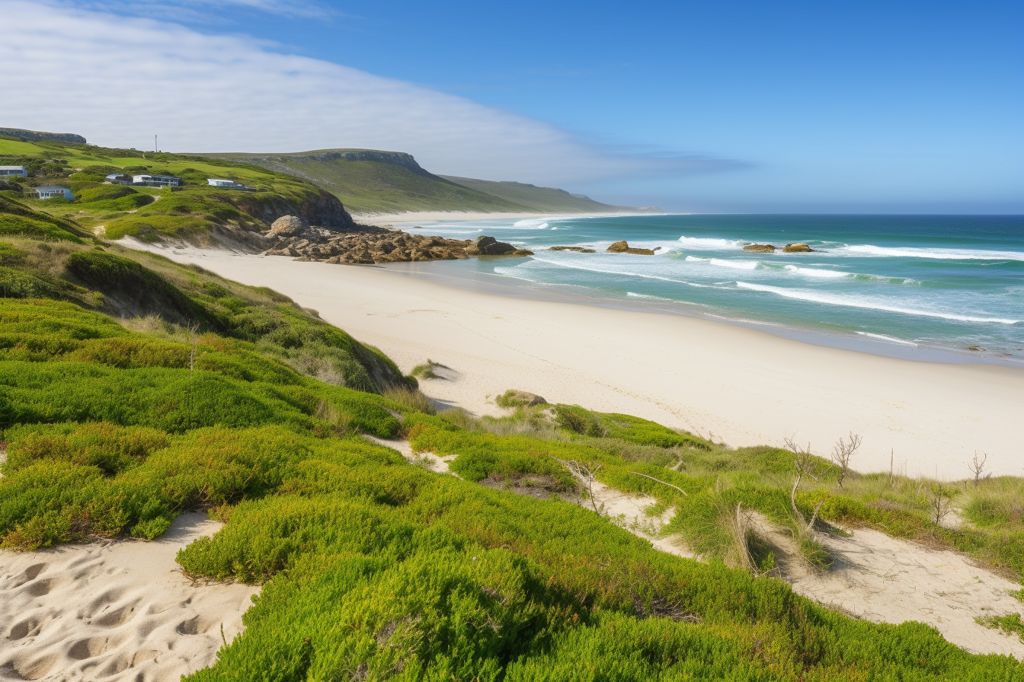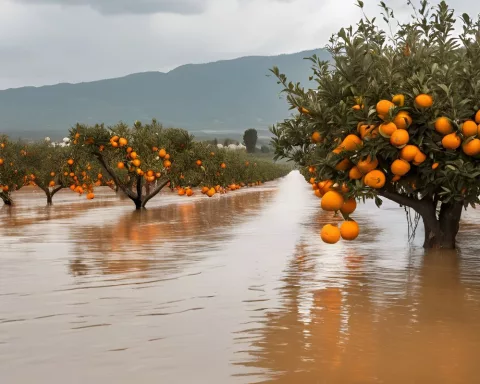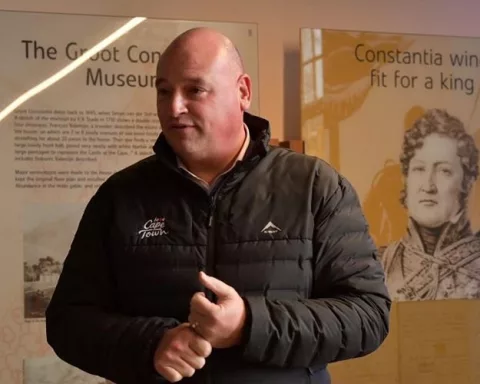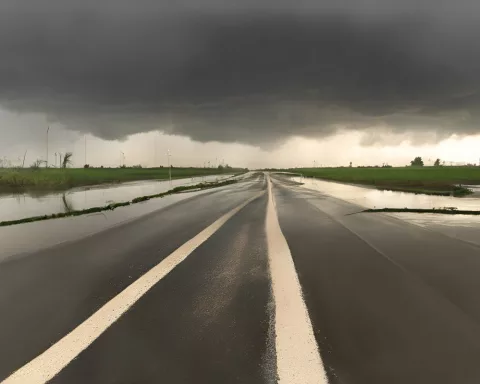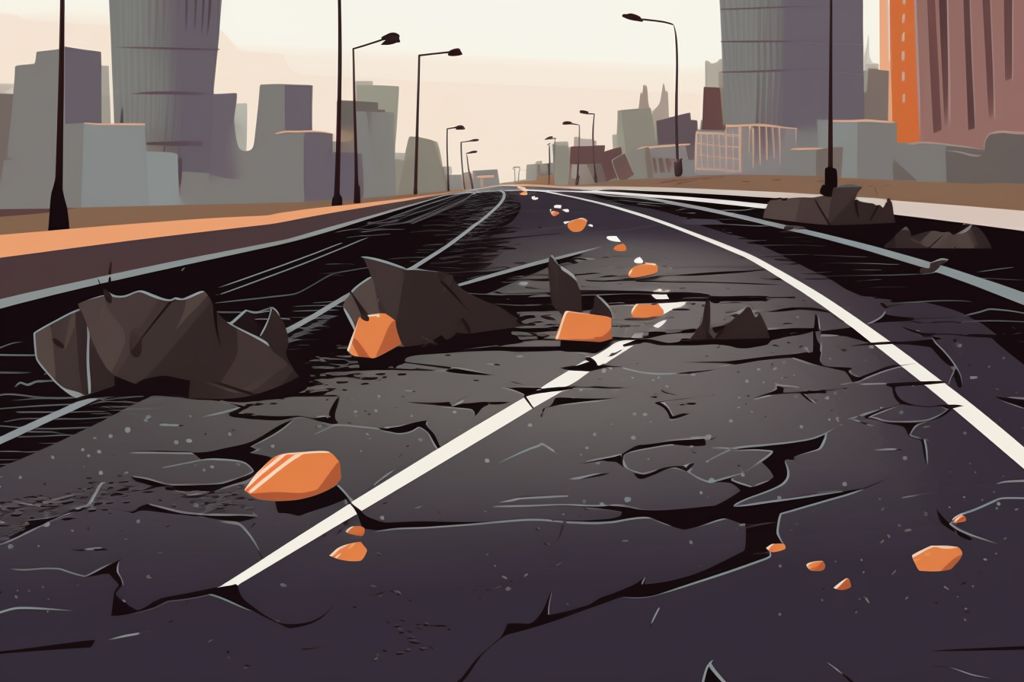The Western Cape’s tourism and hospitality sector is a critical sector for the provincial economy. It generates billions in revenue and provides many employment opportunities. In recent years, the province has attracted millions of visitors from around the world.
World Travel Awards Africa Nominations
The Western Cape’s offerings have secured 25 nominations in various categories for this year’s World Travel Awards Africa. The nominations showcase the best of the province, including hotels, resorts, attractions, and convention centers.
Western Cape as a Popular Destination
The pandemic has not decreased the Western Cape’s popularity with tourists. Travelers are now seeking out safer and more remote destinations, making the province, with its vast natural beauty and open spaces, an ideal choice. The nomination of several Western Cape hotels in the World Travel Awards Africa emphasizes the importance of excellent service and sustainability to modern travelers.
Commitment to Sustainability and Eco-Friendly Practices
The Western Cape’s commitment to sustainability and eco-friendly practices has caught the attention of the World Travel Awards judges. Babylonstoren Hotel, Dorp Hotel, and Morukuru Beach Lodge are some of the nominees leading the way in sustainable tourism, setting an example for other establishments to follow.
Cape Town as a Top Destination for Conferences and Events
Cape Town is also nominated in several categories, including business travel, festivals, events, and meetings, highlighting the city’s growing reputation as a top destination for conferences and events. The city’s modern infrastructure, breathtaking scenery, and top-notch accommodations make it an ideal host city for any event.
World Travel Awards Africa
The World Travel Awards Africa is the most prestigious awards program in the travel and hospitality industry, recognizing excellence in all sectors of the industry. Winning a World Travel Award is a significant achievement, and the Western Cape’s nominees have already demonstrated that they are among the best.
In conclusion, the Western Cape’s tourism and hospitality sector’s excellence and diversity are evident in the World Travel Awards Africa nominations. With nominations in 25 categories, there is something for everyone in the Western Cape. The results of the World Travel Awards Africa are eagerly awaited to see which Western Cape nominees will take home the coveted awards.

